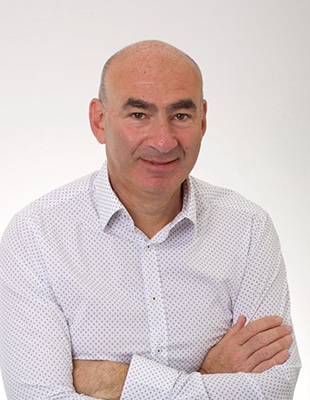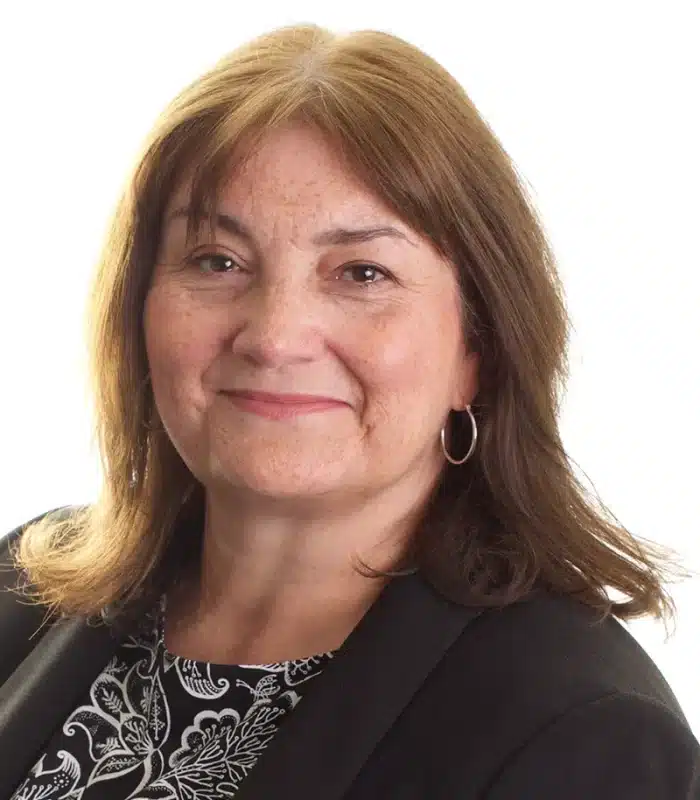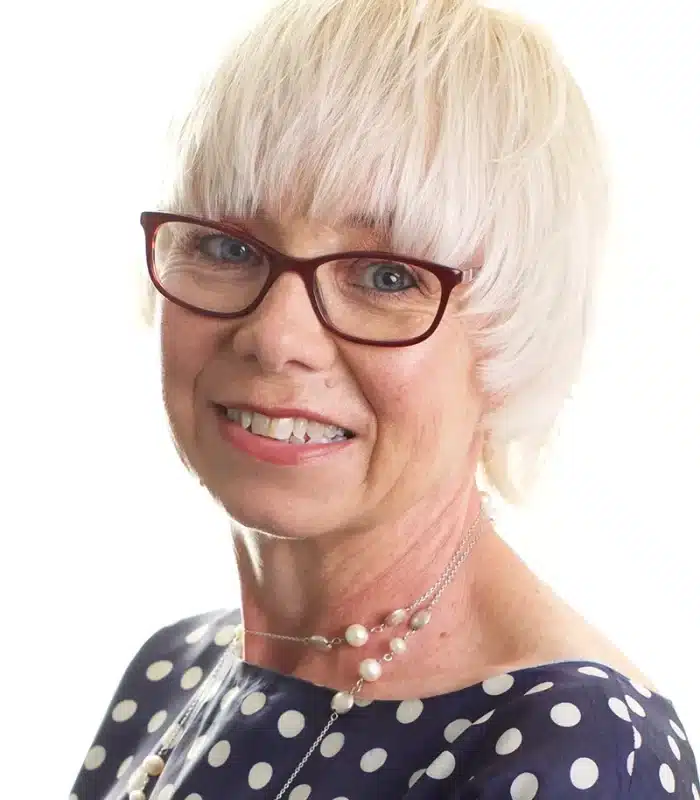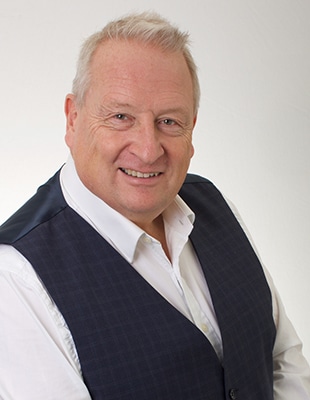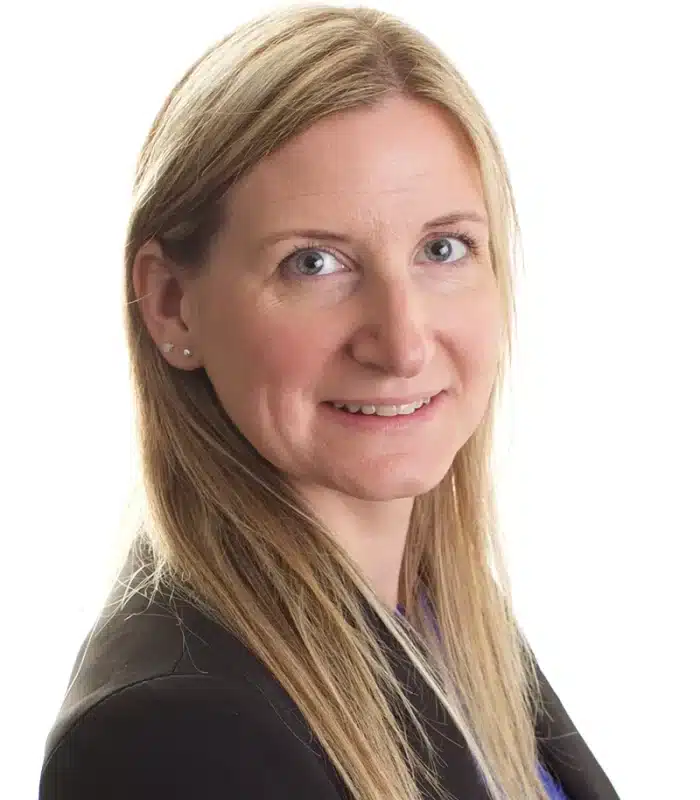Will Writing Solicitors
You have worked hard for your money so it makes sense that you decide where it goes when you die. Without a Will, you are intestate and the law dictates who benefits from your estate.
With family life becoming ever more complex, it is important to ensure that you have a Will setting out what you want to happen to your estate when you die. This can be even more important in a situation where you may be on a second marriage and you both might want to make provision for children from the first marriage, or when you cohabit your partner has no automatic entitlement to your estate under intestacy, regardless of how long you have been together. All of these factors can be addressed through Will planning.
Why You Need a Will
For most people it’s important that their assets and possessions go to the people and organisations they choose after they have died.
But without a Will, your estate may not be distributed in the way you want. What’s more, it can cause conflict among those left behind, leading to drawn out battles, potentially leading to litigation in court.
If you die without a valid will, it could be difficult for your loved ones to manage your estate. Your estate will be shared out according to the rules of intestacy, a strict legal hierarchy in England and Wales that decides how an estate is divided when a person dies intestate, that is without making a Will.
If you make a Will but it is declared not legally valid, it could revert to a previous Will or the rules of intestacy will apply. There can also be a partial intestacy within a Will if the Will is not drafted correctly therefore, it is important to seek specialist advice when making a Will.
Under the rules of intestacy, only married partners, civil partners and certain close relatives can inherit your estate.
That means unmarried partners may not be entitled to anything. Neither does intestacy recognise foster children who have not been formally adopted or individuals considered as stepchildren, but no formal marriage has taken place between the respective parents to legally consider them as a stepchild of the deceased.
For example:
If the person who died was married, or in a civil relationship, and has two natural or adopted children, the first £322,000 of their estate will go to their spouse or civil partner, along with all their personal possessions.
The remaining assets after that £322,000 threshold will be divided between the spouse and children. The spouse or civil partner gets 50% of what’s left and the remaining 50% is divided between the two children.
Your estate includes your personal possessions, as well as assets such as:
- property (in the UK or overseas)
- savings and investments
- insurance funds
- pension funds (these usually fall outside the estate for inheritance tax purposes)
It’s vital you make a Will if you own property or a business, have children, have savings, investments or insurance policies.
At BTMK, our specialist team can help you make a Will, distributing your estate in the way you want.
Things to Consider When Making a Will
It’s common for mistakes such as it not being signed or witnessed properly when making ‘DIY’ Wills. There can also be a partial intestacy because a gift/provision in the Will fails. The correct wording and order of a Will must be followed to ensure the people included within your Will inherit as you wanted them to.
We always recommend speaking to one of our specialists when making a Will. In England and Wales, if a Will is not created in accordance with the Wills Act 1837, its validity can be challenged.
And if a Will is declared invalid, the contents (and therefore your wishes) will be disregarded, and the Rules of Intestacy applied.
Section 9 of the Wills Act 1837
This sets out the requirements for making and witnessing a Will:
No Will shall be valid unless –
(a) it is in writing and signed by the testator or by some other person in his presence and by his direction; and
(b) it appears that the testator intended by his signature to give effect to the Will; and
(c) the signature is made or acknowledged by the testator in the presence of two or more witnesses present at the same time; and
(d) each witness either attests and signs the Will or acknowledges his signature in the presence of the testator (but not necessarily in the presence of any other witness), but no form of attestation shall be necessary.
The person making the Will must also have testamentary capacity. That means that when making a Will, you must be fully aware of what you are doing, able to make your intentions clear and understand the effects of the Will you are making. And acting without undue influence. Witnesses should have testamentary capacity too.
An executor can witness a Will, but a beneficiary (or their spouse or civil partner) cannot be witnesses without giving up their claim.
Other Considerations When Making a Will
You should make a list of the assets you want to include in your Will. Then decide how you want them shared among your beneficiaries.
If you want to leave a donation to a charity, you must include the charity’s full name, address and its registered charity number.
At BTMK we can help with other considerations such as:
- what happens if any beneficiaries die before you
- special arrangements to make if you have minor-age children. This might be naming a legal guardian or setting up a trust for them
- you share a property with someone who is not your wife, husband or civil partner
- who should be your executors
- Inheritance tax planning
- anyone who might make a challenge to your Will
- your permanent home is not in the UK
- other wishes you have – for example, the type of funeral you want
The specialist Probate team at BTMK have the experience and expertise to write your Will and advise you on these and any other issues that might come up.
The Important Role of BTMK’s Solicitors
Our solicitors are there to help you draft a Will according to your wishes.
We’ll make sure there are no mistakes or anything that is ambiguous in your Will. This is important for a Will to be declared valid and subsequently distributed in the way you want.
This is particularly important if you have several beneficiaries, or your finances are complicated. A lack of clarity could make your Will invalid.
Having expert advice is so important.
Our Specialist Team will not only take your instructions, they will advise you of the tax implications and other considerations so that you can make an informed decision about your wishes. A carefully drafted Will can save thousands in Inheritance Tax when the time comes.
Contact us




